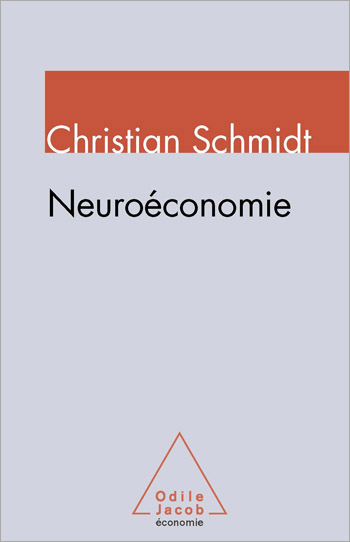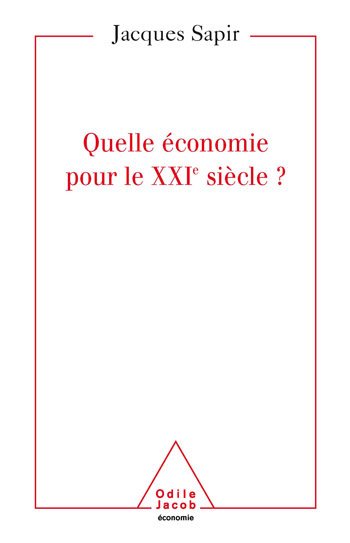Human Sciences All books
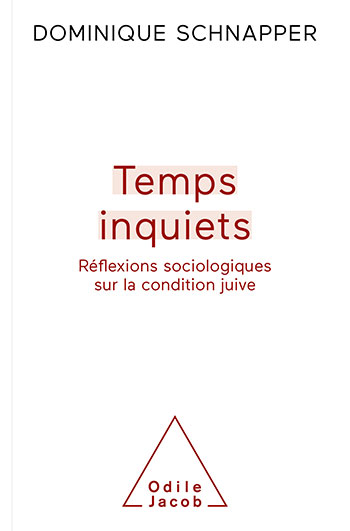
Dominique Schnapper
Sociological Reflection on the Jewish Condition
Following the “days of suspicion” initiated in 1967 by the speech of General de Gaulle, which put an end to a form of accord between France and the State of Israel...
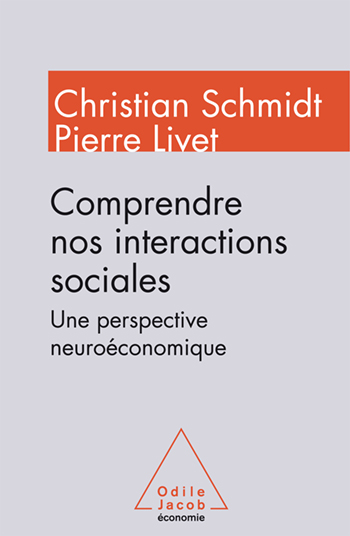
Christian Schmidt
Understanding Our Interactions
A book at the crossroads of economics and philosophy that attempts to understand interaction between individuals, and the consequences this may have on economics and finance.

David Evans, Richard Schmalensee
The New Middlemen How Airbnb, BlaBlaCar, Uber and the rest are changing the economy
“Stimulating and rigorous, everyone — students, entrepreneurs and all those who just want to understand how our economy is evolving — should read this book.” Jean Tirole. The book masterfully articulates a strategic analysis of economic theory, making it far easier to grasp.

Rolf Schäppi
Woman is the Characteristic of Man From Animal Ethology to Human Nature
In this book, the author points out that although human beings are both mammals and primates, they differ in many significant ways from the other mammals and primates. Besides speech, laughter and the ability to use tools, the species Homo sapiens differs from its closest zoological cousins by three additional characteristics, which are less frequently cited because they are found only in the female. These are the female silhouette, hidden strus and the menopause. Rolf Schäppi is a psychiatrist and ethologist.
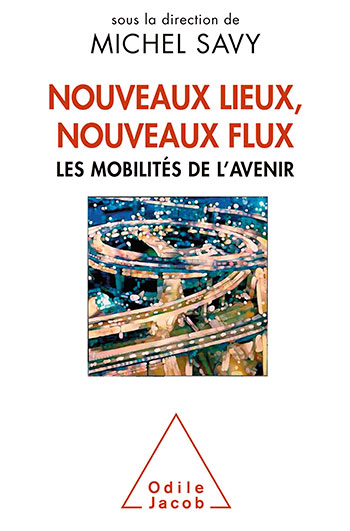
Michel Savy
New Spaces, New Movements Future Mobility
An innovative approach to such essential issues as work, housing and information

Uri Savir
The Process 1,100 Days that changed the Middle East
In The 1100 Days, Savir offers the reader a front-row view of the complex negotiations and the clash of interests between the opposing delegations. The author, who played a major role in the negotiations - along with Yitzhak Rabin and Shimon Peres - recounts the saga of one of the most significant political events of the late twentieth century. Numerous questions are still to be answered: How can the process of negotiation begun in Oslo be completed? What hopes are there for a peaceful solution? Uri Savir was secretary general of the Israeli Ministry of Foreign Affairs from 1993 to 1996. He now heads the Peres Institute for Peace.
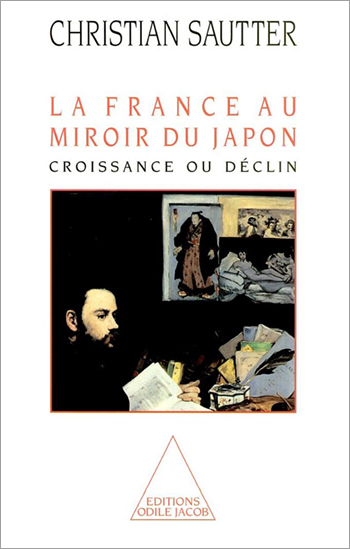
Christian Sautter
France Reflected in Japan Growth or Decline
Where does the formidable Japanese resistance to unemployment come from? How can their persistence be explained when Japan, like all developed countries, is faced with robotization, technological revolutions and, more recently, competition in the form of young populations in neighboring countries? This should give France pause for thought: as starkly contrasted as these two cultures may seem, France and Japan are sister countries. Thus reflected in the mirror of Japan, France can discover that its decline need not be fatal, and that it is up to France to break with a decrepit conservatism and embrace growth. Christian Sautter is the director of studies at the Ecole des hautes etudes en sciences sociales (EHESS).
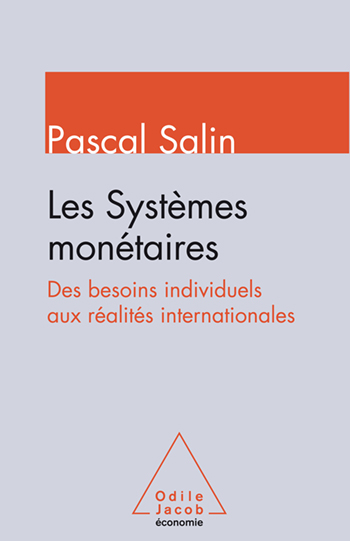
Pascal Salin
Monetary Systems From individual needs to international realities
Currencies, and the reform of monetary systems, are a subject of growing importance on both the economic scene and the electoral one. Mistakes and misinterpretations are frequent – even among policy-makers – making this book’s instructive approach all the more helpful and necessary.
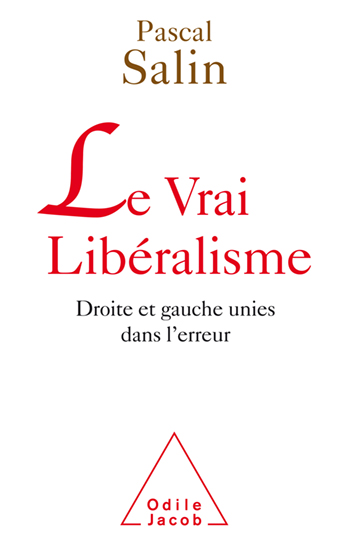
Pascal Salin
True Liberalism A Critical History of Economic and Fiscal Policies
A notable figure of liberalism in France, Pascal Salin is former president of the Société du Mont-Pèlerin, and is the author of many seminal works on liberalism.


